Scientists discover super-stretchy cells
 One of the most enviable features of superheroes is their ability to stretch their bodies beyond imaginable limits. In a study published today in Nature, scientists have discovered that our cells can do just that.
One of the most enviable features of superheroes is their ability to stretch their bodies beyond imaginable limits. In a study published today in Nature, scientists have discovered that our cells can do just that.
With every beat of the heart and every breath into the lungs, cells in our body are routinely subjected to extreme stretching. This stretching is even more pronounced when cells shape our organs at the embryo stage, and when they invade tissues through narrow pores during cancer metastasis – but how cells undergo such large deformations without breaking has remained a mystery until now.

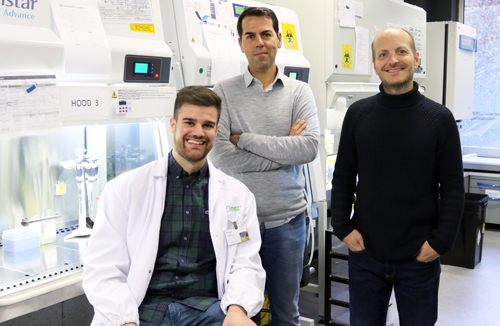
 One of the most enviable features of superheroes is their ability to stretch their bodies beyond imaginable limits. In a study published today in Nature, scientists have discovered that our cells can do just that.
One of the most enviable features of superheroes is their ability to stretch their bodies beyond imaginable limits. In a study published today in Nature, scientists have discovered that our cells can do just that. 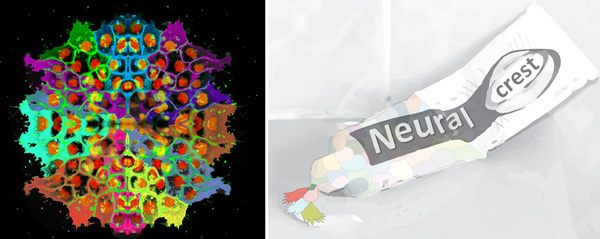
 The embryonic stem cells that form faces – neural crest cells – use an unexpected mechanism to develop our facial features, according to a new UCL-led study involving IBEC researchers.
The embryonic stem cells that form faces – neural crest cells – use an unexpected mechanism to develop our facial features, according to a new UCL-led study involving IBEC researchers.
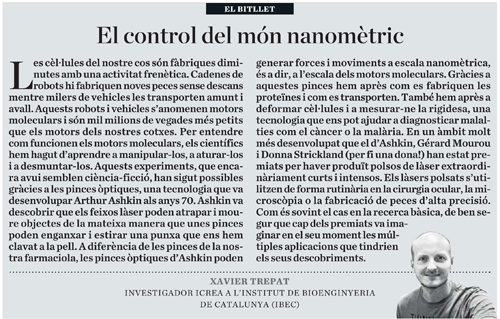
 IBEC group leader Xavier Trepat penned a short article for ARA magazine in which he discusses the research of Arthur Ashkin, Gérard Mourou and Donna Strickland, winners of the the Nobel Prize for Physics.
IBEC group leader Xavier Trepat penned a short article for ARA magazine in which he discusses the research of Arthur Ashkin, Gérard Mourou and Donna Strickland, winners of the the Nobel Prize for Physics.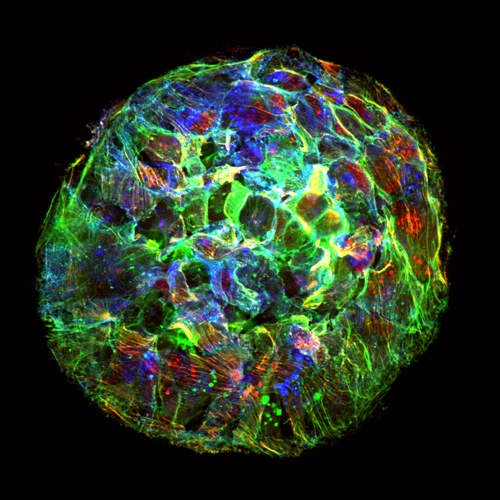
 Researchers from IBEC and UB have discovered that the way tumor cells expand defies the laws of physics.
Researchers from IBEC and UB have discovered that the way tumor cells expand defies the laws of physics.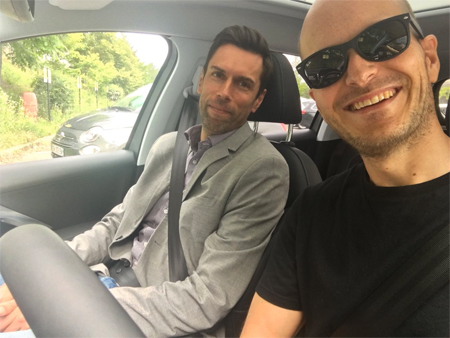
 A review by IBEC group leader and ICREA research professor Xavier Trepat is one of six featured in Nature Physics’ latest ‘Insight’ issue, ‘The Physics of Living Systems’, in which all the articles have been co-authored by a physicist and a biologist.
A review by IBEC group leader and ICREA research professor Xavier Trepat is one of six featured in Nature Physics’ latest ‘Insight’ issue, ‘The Physics of Living Systems’, in which all the articles have been co-authored by a physicist and a biologist.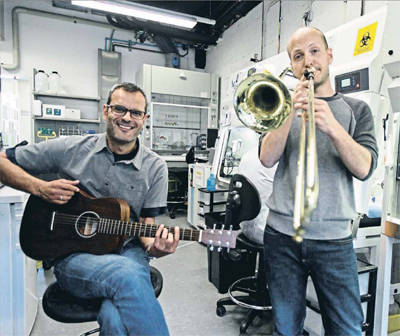
 In a La Vanguardia feature by Josep Corbella, IBEC’s Xavier Trepat is interviewed along with IRB’s Salvador Aznar-Benitah about the important role music plays in their lives, how it has affected their careers as researchers, and about the relation and similarities between musical and scientific creativity.
In a La Vanguardia feature by Josep Corbella, IBEC’s Xavier Trepat is interviewed along with IRB’s Salvador Aznar-Benitah about the important role music plays in their lives, how it has affected their careers as researchers, and about the relation and similarities between musical and scientific creativity.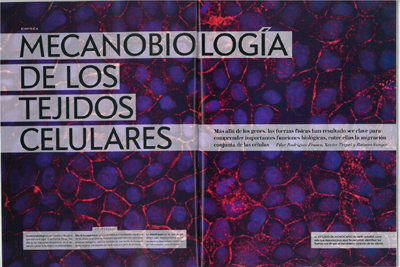
 An article by IBEC researchers Pilar Rodríguez, Xavier Trepat and Raimon Sunyer about the importance of physical forces in understanding biological function appears in the June edition of Investigación y Ciencia, the Spanish-language version of Scientific American magazine.
An article by IBEC researchers Pilar Rodríguez, Xavier Trepat and Raimon Sunyer about the importance of physical forces in understanding biological function appears in the June edition of Investigación y Ciencia, the Spanish-language version of Scientific American magazine.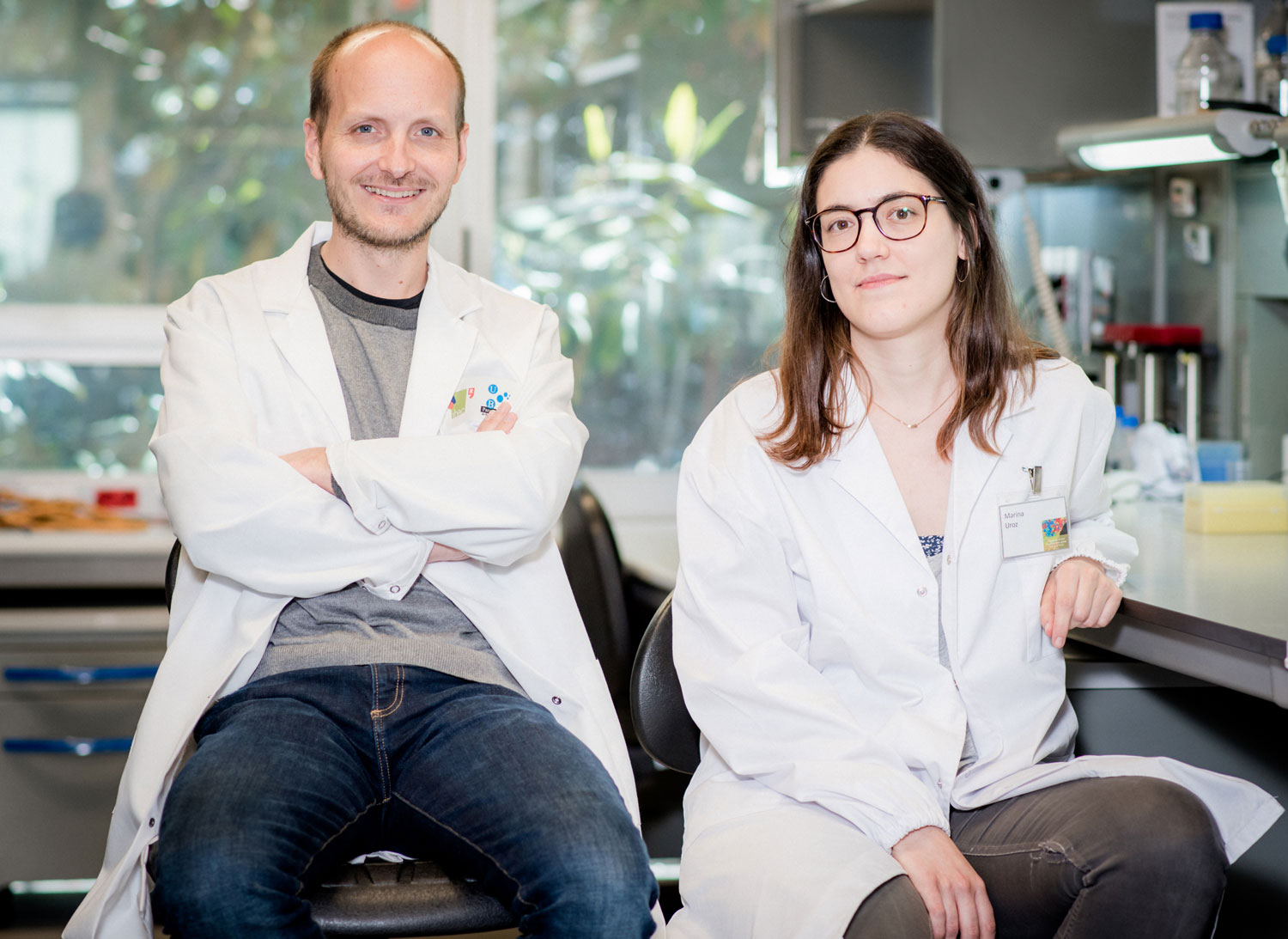
 Researchers at IBEC have discovered that cell division in epithelial tissues is regulated by mechanical forces.
Researchers at IBEC have discovered that cell division in epithelial tissues is regulated by mechanical forces. 
 IBEC group leader and ICREA research professor Xavier Trepat has been elected as a Member of EMBO, the European Molecular Biology Organisation.
IBEC group leader and ICREA research professor Xavier Trepat has been elected as a Member of EMBO, the European Molecular Biology Organisation.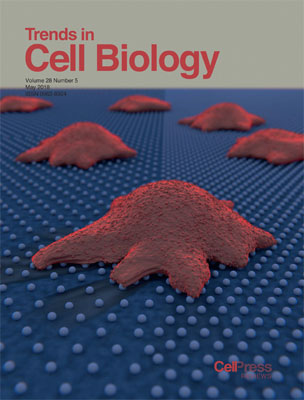
 Alberto Elosegui-Artola, Xavier Trepat and Pere Roca-Cusachs’ paper in Trends in Cell Biology has made the cover of the latest issue of the Cell-family journal.
Alberto Elosegui-Artola, Xavier Trepat and Pere Roca-Cusachs’ paper in Trends in Cell Biology has made the cover of the latest issue of the Cell-family journal.